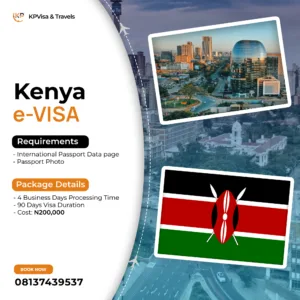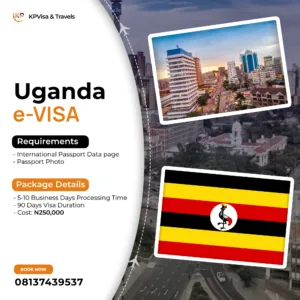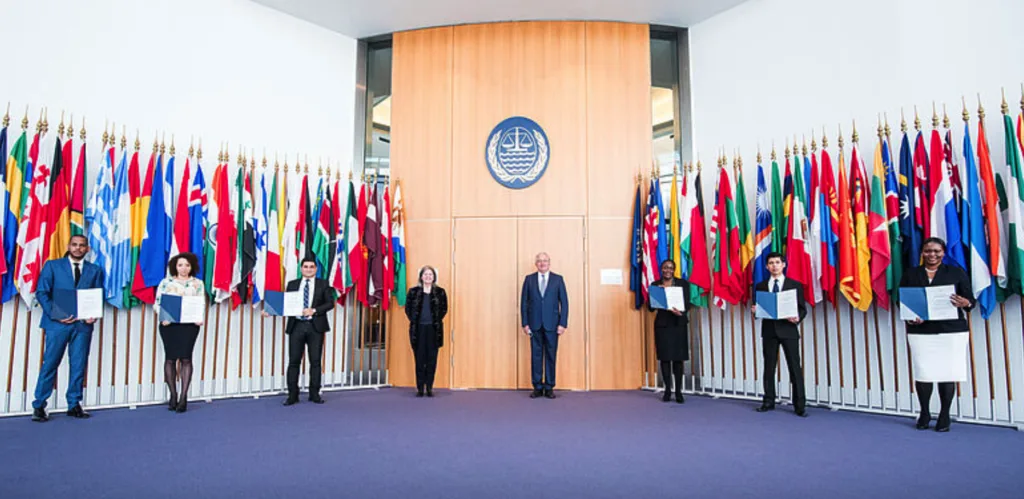Imagine this: Chinedu, a young Nigerian professional, secures a U.S. visa to attend a tech conference in Silicon Valley. Enthusiastic about the opportunity, he decides to extend his stay to explore potential job prospects. However, his visa expires, and he continues to reside in the U.S., believing that overstaying by a few months wouldn’t have severe consequences.
Fast forward a year, Chinedu is apprehended by immigration authorities, detained, and subsequently deported. Worse still, he’s slapped with a permanent travel ban, dashing his hopes of ever returning to the U.S.
📌 Read More
Chinedu’s story is not unique. Many Nigerians and other foreign nationals find themselves in similar predicaments, often due to misinformation or underestimating the gravity of visa regulations.
The U.S. Cracks Down on Visa Overstays
In recent developments, the U.S. government has intensified its scrutiny of visa overstays, particularly among Nigerian nationals. The Trump administration has issued a directive to 36 countries, including Nigeria, demanding improved traveler vetting processes and cooperation in repatriating nationals who reside illegally in the U.S. Failure to comply could result in travel restrictions or inclusion in the U.S. travel ban list.
Furthermore, the U.S. Embassy in Nigeria announced a significant policy change: Nigerians seeking to travel to the U.S. on non-immigrant visas will now receive single-entry three-month permits, replacing the previous five-year, multiple-entry visas.
Understanding Visa Overstay: Consequences and Implications
Overstaying a U.S. visa is a serious violation of immigration laws. Consequences include:
- Deportation: Immediate removal from the U.S.
- Permanent Travel Ban: Ineligibility to return to the U.S.
- Detention: Potential imprisonment pending deportation.
These measures aim to uphold national security and ensure compliance with immigration regulations.
📰 Similar Posts
Why Nigerians Should Be Concerned
Nigeria has been identified as one of the countries with a high rate of visa overstays. This has prompted the U.S. to implement stricter visa policies and consider additional travel restrictions. The implications are far-reaching:
- Reduced Visa Validity:From five years to three months.
- Increased Scrutiny: More rigorous background checks and application processes.
- Potential Inclusion in Travel Ban: If compliance with U.S. directives is not achieved.
Tips for Nigerian Travelers
To avoid the pitfalls of visa overstays:
1. Understand Visa Terms: Know the expiration date and conditions of your visa.
2. Plan Accordingly: Ensure your travel plans align with your visa validity.
3. Seek Extensions Legally: If you need to stay longer, apply for an extension before your visa expires.
4. Stay Informed: Keep abreast of policy changes and travel advisories.
Navigating the Path Forward
The U.S. government’s heightened focus on visa compliance underscores the importance of adhering to immigration laws. For Nigerians aspiring to travel to the U.S., understanding and respecting visa regulations is paramount.
If you have questions or need assistance navigating U.S. visa policies, contact us for further enquiries.Our team is here to provide guidance and support to ensure your travel plans proceed smoothly and legally.





































No responses yet